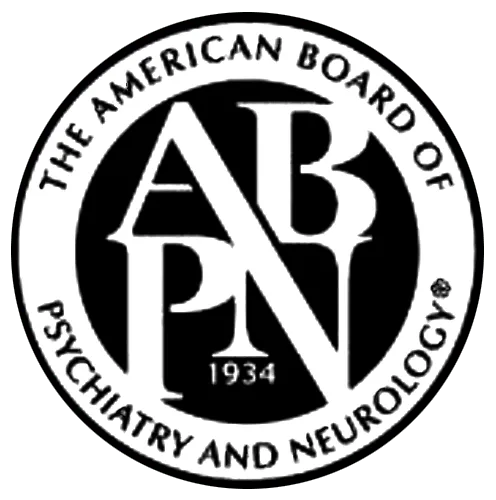Obsessive Compulsive Disorder
Obsessive-Compulsive Disorder is a mental health condition characterized by distressing thoughts and repetitive behaviors. Individuals with OCD often experience intense obsessions such as fears of contamination or harming others, which lead to significant anxiety. To alleviate this anxiety, they engage in compulsions like excessive hand washing or checking locks. If you suspect you might have, seeking an OCD test for adults can provide clarity. Early diagnosis is crucial for effective management, including exploring options like obsessive compulsive disorder treatment Alpharetta.
The symptoms of this can be profoundly disruptive, affecting daily routines and relationships. Common compulsions include behaviors driven by OCD such as repeatedly cleaning or arranging items. The cycle of obsessive thoughts and compulsive actions creates a constant state of distress. Addressing OCD involves more than understanding symptoms; it requires targeted strategies, such as consulting a psychiatrist for a comprehensive compulsive personality disorder test. This approach helps in distinguishing OCD from other conditions and ensures appropriate treatment.


Effective treatment for OCD often combines cognitive-behavioral therapy with medication. CBT especially Exposure and Response Prevention (ERP) is designed to help individuals confront their obsessions and reduce compulsive behaviors. For those struggling with severe forms of this disease including OCD psychosis, specialized interventions may be necessary. Consulting with a mental health professional can guide you to the most effective therapies and obsessive compulsive disorder treatments in Alpharetta are available.
Living with OCD can lead to overwhelming distress, impacting various aspects of life. This distress is intensified by the constant battle with intrusive thoughts and the urge to perform compulsions. Seeking a psychiatrist for a thorough evaluation can provide essential support and direction. They can help differentiate OCD from other conditions and suggest appropriate OCD test methods to tailor the treatment plan to your needs.
Support and resources are vital for managing OCD effectively. Joining support groups and accessing educational materials can offer valuable insights and encouragement. For those concerned about the severity of their symptoms such as experiencing suicidal obsessive compulsive disorder tendencies. It is crucial to seek immediate help. Integrating mindfulness practices and maintaining a structured routine can complement professional treatment and aid in symptom management.
Understanding and treating OCD requires a multifaceted approach. It’s essential to recognize that obsessive-compulsive disorder (OCD) is a medical condition and not just a personal quirk. For those experiencing symptoms of cleanliness obsessive compulsive disorder, taking the step to get an obsessive-compulsive disorder test can be the first move toward recovery. Embracing a comprehensive treatment plan including professional guidance from a psychiatrist in Alpharetta and personal coping strategies. It will support your journey toward managing OCD effectively and leading a fulfilling life.


